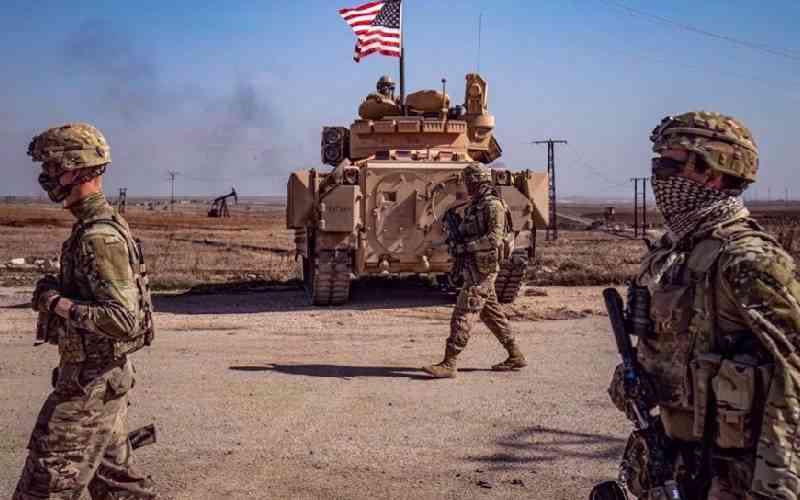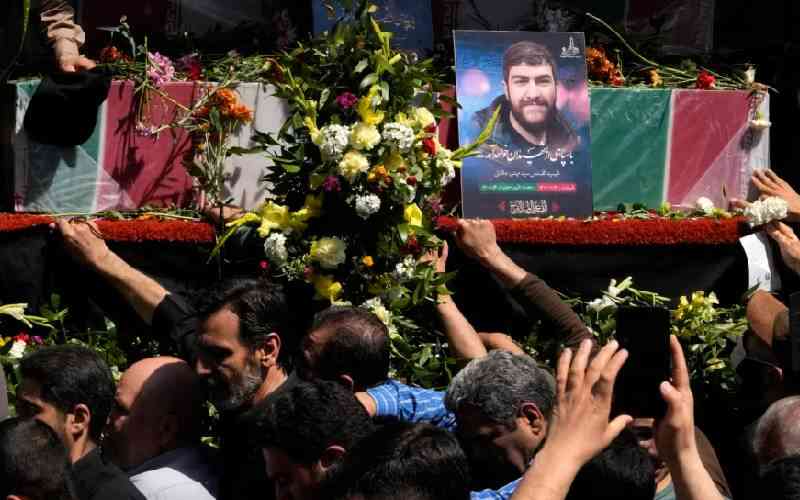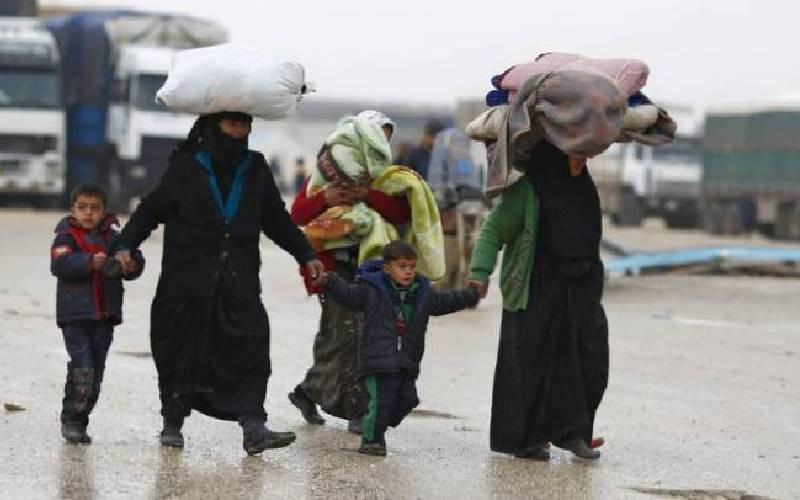Arab League foreign ministers have called on Syrian President Bashar al-Assad to step down, as rebels say they are encouraged by last week's assassinations in Damascus.
The rebels undercover near the Syrian capital said that the deaths of four top officials were a severe blow to the government.
The BBC correspondent, Paul Wood reported that Islamist rebels were receiving weapons and money from outside.
Fighting continued overnight.
Government forces recaptured parts of Damascus, the suburbs of Barzeh and Mezzeh, which had fallen into rebel hands.
There and in other quarters, activists said a number of suspected rebels or sympathisers were summarily executed.
Fighting was also reported in Syria's second city, Aleppo.
Transitional government
After an emergency meeting in Qatar, Arab League foreign ministers called on President Assad to resign rapidly, and offered his family safe passage out of Syria.
They also called on the Syrian opposition to form a transitional government.
However, the BBC's Jim Muir, in neighbouring Lebanon, said that the call appeared to have fallen on deaf ears.
Mr Assad held a meeting with his new army chief of staff and gave him instructions, reportedly including a drive to crush armed rebels.
After days of walking, we reach a town which is tenuously in rebel hands. But the town is ringed by Syrian artillery. It starts up at various times of the day, targeting the orchards where rebel fighters hide.
During a pause in the shelling, a couple of fighters drive me and our translator around town, describing some of their recent clashes with army forces.
The town is deserted now, with plenty of debris on the streets, burned out cars, big holes in the walls from mortars and shells. One or two people are walking about though, so it seems people are still here.
Stay informed. Subscribe to our newsletter
The assassinations in Damascus were a major blow to the regime, the men tell me, but it has retaliated by targeting civilians.
The meeting followed last week's attack in Damascus, in which four senior officials were killed in what the Syrian government described as a suicide blast.
Rebels outside Damascus, speaking to the BBC's Paul Wood, said the assassinations were a blow to the government.
They told the correspondent the once-feared secret police were now a spent force, and the government was relying entirely on a weakened military.
The correspondent, near Damascus, said the rebels were divided, between the Free Syrian Army (FSA) and the Salafists (hardline Islamists).
The Salafists are better armed, he says, because they are receiving weapons and money from outside.
The elite fourth division of the Syrian army, commanded by President Assad's brother Maher, led the attack on the Barzeh area of Damascus, said the Syrian Observatory for Human Rights.
In Mezzeh, government forces "executed" at least 20 men in the area, some activists told the Reuters news agency by telephone.
The battle for control of Aleppo is still going on.
State TV played down the scale of the violence, saying troops were merely hunting down "terrorists".
Rebel commanders have vowed to take it over completely and use it as a base for liberating the whole country, but state TV said many armed rebels had fled across the border to Turkey.
BBC sources in Syria also confirmed that rebels were now in control of the Bab al-Salam border crossing with Turkey. Turkey is not allowing non-Syrian nationals through so the border remains effectively closed.
There were also reports of violence in the eastern city of Deir al-Zour on Sunday. Witnesses told Reuters that it was being attacked with artillery and rockets from helicopter gunships.
BBC
 The Standard Group Plc is a
multi-media organization with investments in media platforms spanning newspaper
print operations, television, radio broadcasting, digital and online services. The
Standard Group is recognized as a leading multi-media house in Kenya with a key
influence in matters of national and international interest.
The Standard Group Plc is a
multi-media organization with investments in media platforms spanning newspaper
print operations, television, radio broadcasting, digital and online services. The
Standard Group is recognized as a leading multi-media house in Kenya with a key
influence in matters of national and international interest.
 The Standard Group Plc is a
multi-media organization with investments in media platforms spanning newspaper
print operations, television, radio broadcasting, digital and online services. The
Standard Group is recognized as a leading multi-media house in Kenya with a key
influence in matters of national and international interest.
The Standard Group Plc is a
multi-media organization with investments in media platforms spanning newspaper
print operations, television, radio broadcasting, digital and online services. The
Standard Group is recognized as a leading multi-media house in Kenya with a key
influence in matters of national and international interest.








